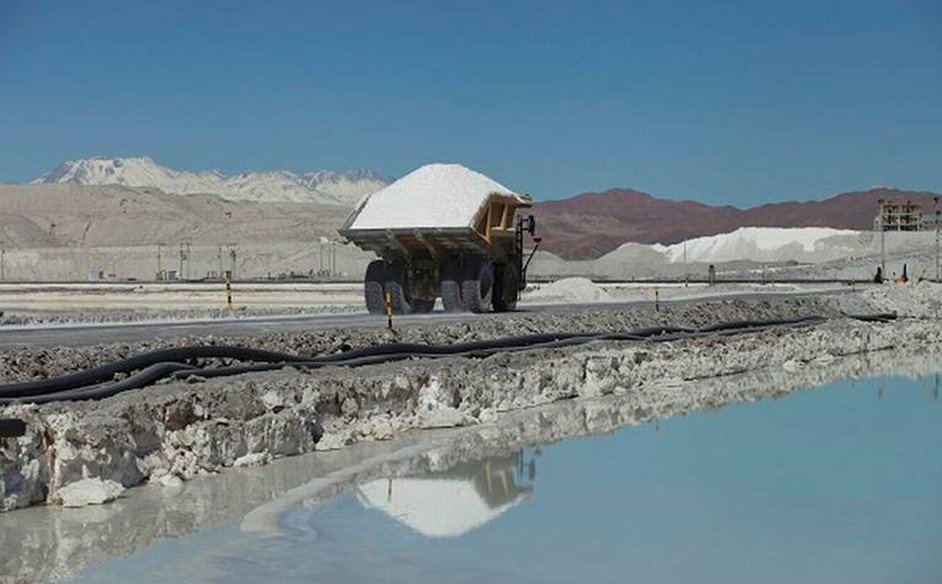235,000 hectares in Sonora were converted last Saturday (02.18.2023) into a mining reserve for the exploitation of lithium in Mexico. “What we are doing now, keeping the proportions and in another time, is to nationalize lithium so that it cannot be exploited by foreigners, neither from Russia, from China, nor from the United States. Oil and lithium belong to the nation, to the people of Mexico,” said Mexican President Andrés Manuel López Obrador.
With the signing of the lithium nationalization decree, AMLO takes a further step in the strategy that had already begun in August 2022, with the creation of the parastatal company LitioMx, which will control the exploitation of lithium, and the announcement of the Sonora Plan, a comprehensive project that includes the exploitation, benefit, use, administration, and even the control of economic value chains of lithium.
According to current estimates, Mexico could have 1.7 million tons of lithium, approximately 2 percent of the entire planet. And, although lithium has been detected in several Mexican states, Sonora concentrates practically all the resources.
The double regimen of lithium
The nationalization has now been decreed, but there are already several private companies with concessions for the exploitation of lithium. According to Fernanda Ballesteros, country manager for Mexico at the Natural Resource Governance Institute, this gives way to a double regime. On the one hand, there are the concessions already granted that the Ministry of Economy regulates and monitors and, on the other, the exploration and exploitation after the reform that will be carried out by the State, through a state company.
“Mexico, as one of the main automotive manufacturing centers, has this option of generating greater value throughout the lithium production chain, and not just staying in the extractive activity,” says the expert. This option seemed to open up with the creation of the parastatal company LitioMx and the possibility of it being associated with private institutions “However, this latest decree is once again classified as extractive activity,” adds Ballesteros.
This is just one of the many contradictions and ambiguities that experts see in Mining Law. “The reality is that, to this day, Mexico has neither the infrastructure nor the possibilities to exploit and use lithium,” criticizes Viviana Patiño, a researcher at the Regulation and Competition Program at the México Evalúa think tank.
The objective is electoral
“Actually, what we should be talking about is the mobility strategy and how we are going to take advantage of what we already have and to achieve the level of transition that we need as a country,” says Patiño. But a diagnosis or a strategy on how those resources are going to be used is not in sight.
Both experts see a question of discourse reflected in these contradictions and open points that the new regulation brings with it. “The objective is electoral,” says Viviana Patiño. “It is about maintaining the administration’s discourse on the nationalization of assets,” continues Patiño, “which corresponds to the president’s populist agenda.”
Although the experts also agree on this, the reform could open a window of opportunity. “It is a great opportunity to improve the governance of the mining sector in Mexico, which has many failures and areas of opportunity,” says Fernanda Ballesteros. “But there does seem to be little clarity and certainty as to how the government is presenting this opportunity.” (ms)





